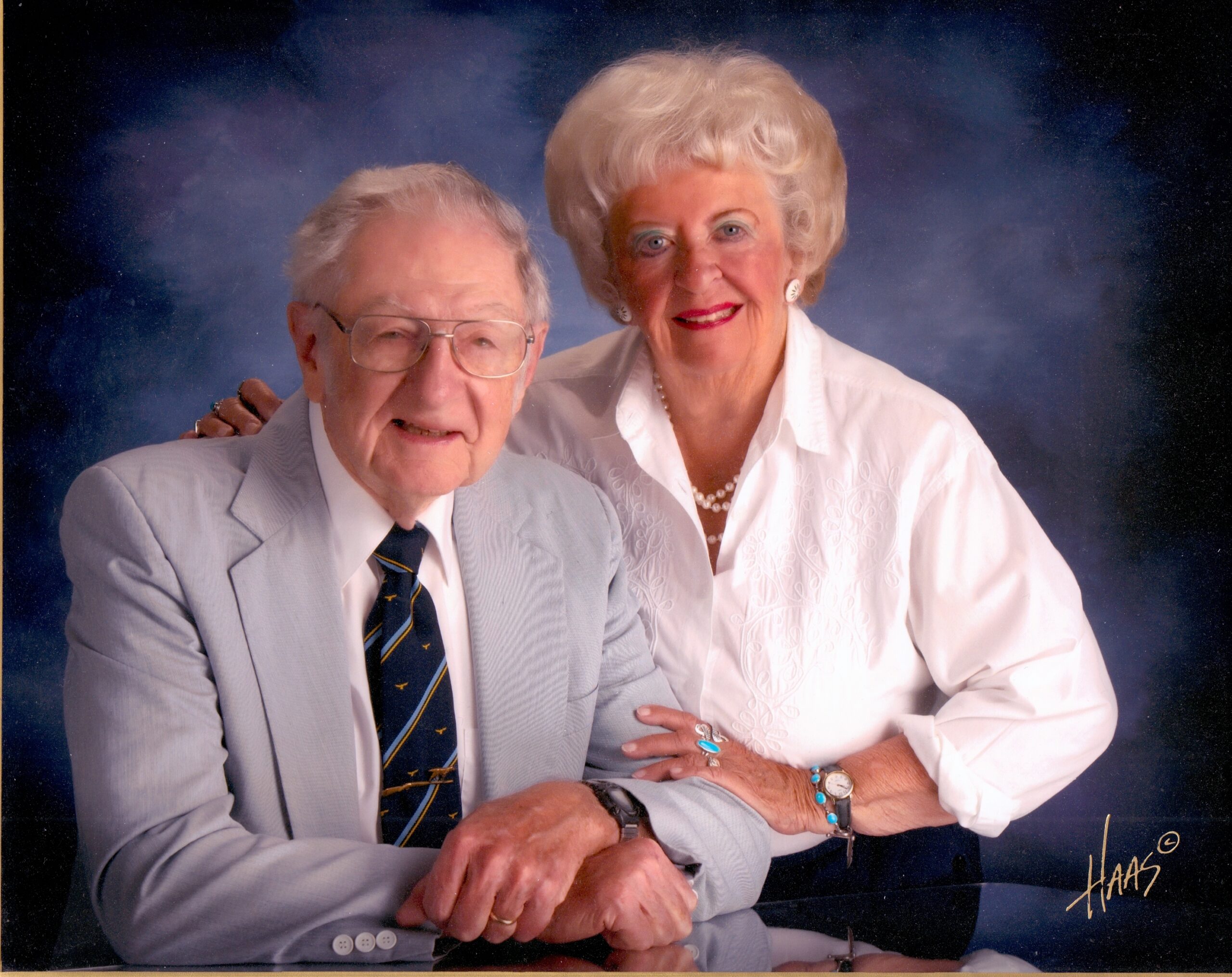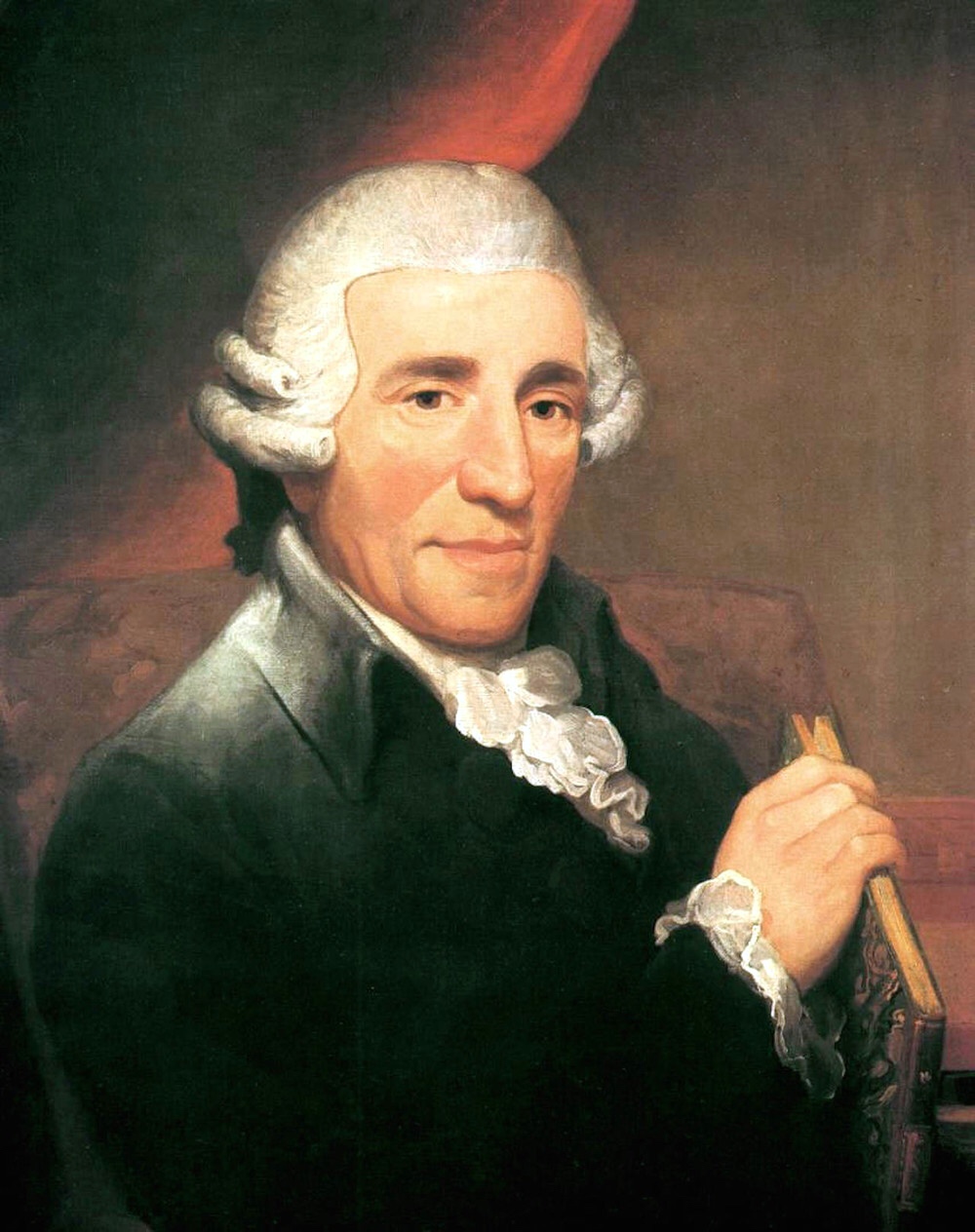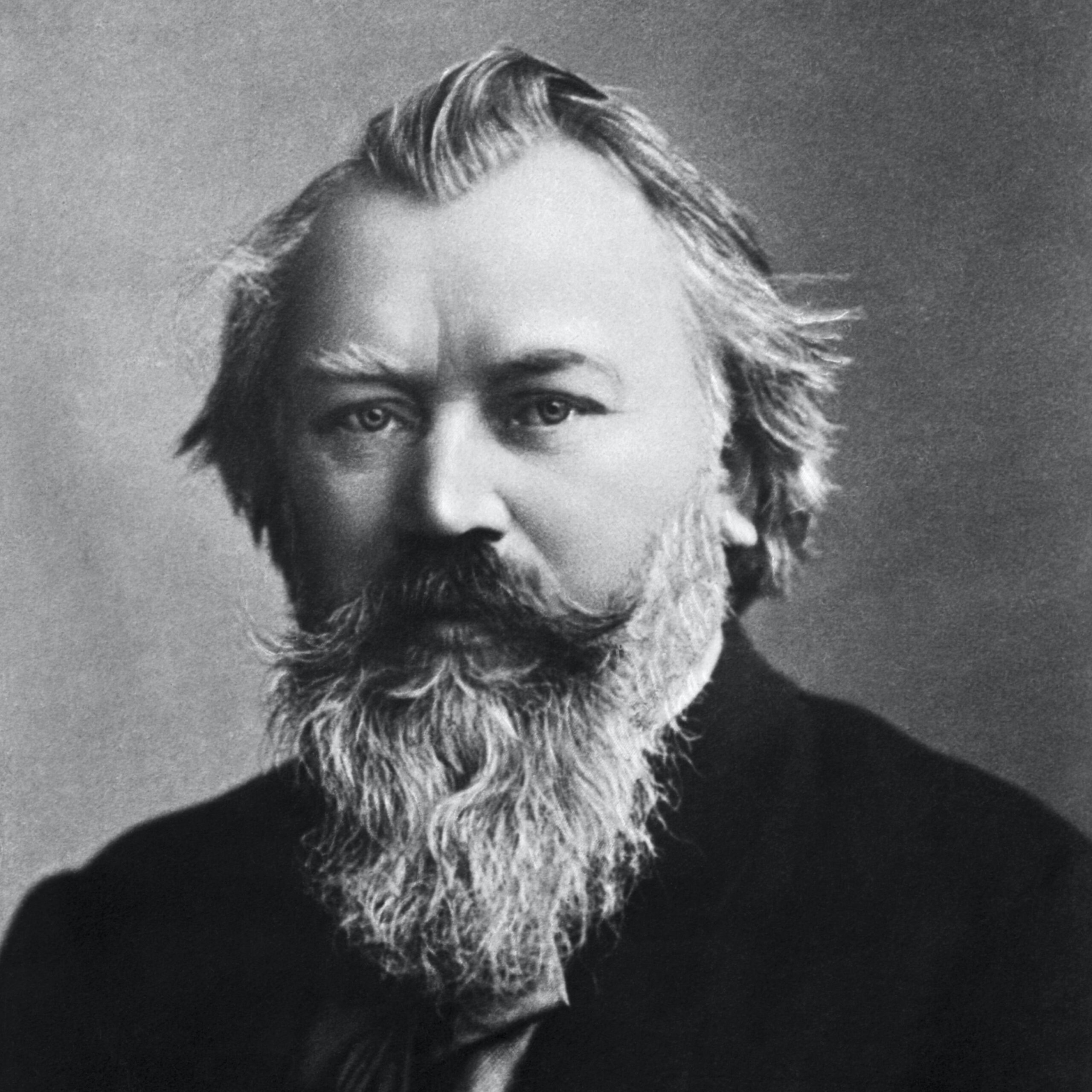November 23, 2024
7:00 pm
(click here for more information)
Help kick off the Beaver Dam Area Orchestra’s 71st season at our FREE fall concert on:
SATURDAY, NOVEMBER 23, 2024 at 7:00 PM

Some Concert Notes
Soon Hee Newbold (b. 1974) – Gravitas Newbold is a composer and conductor known for incorporating differing cultural and ethnic styles in her writing inspired by her experiences and travel. She began music lessons on the piano at age 5 and violin at age 7. Newbold also works as a filmmaker and composer in Hollywood.

Franz Josef Haydn (1732-1809) – Symphony No. 94 in G Major “Surprise” Haydn was the most famous composer during his lifetime. Though he didn’t invent the symphony, he is known as the “Father of the Symphony”, having written over 100 of them in his career. He was also called “Papa Haydn”, first as a term of endearment and respect by younger musicians who worked for him, then by Mozart, who studied with Haydn, and eventually, by musicians throughout history, recognizing Haydn’s tremendous legacy in Classical music.

Johannes Brahms (1833-1897) Johannes Brahms was a German composer who created incredible works for the piano, voice, violin, chamber groups, and orchestra. He is one of the most revered composers in all of classical music, often grouped with Bach and Beethoven as “the three B’s”. The piece we perform tonight is inspired by a theme originally written in the classical style of Franz Josef Haydn. The greatest inspiration in Brahms’ compositions came from Ludwig van Beethoven. Brahms was considered the “heir” of Beethoven’s style, continuing to compose orchestral music simply for performance. He avoided story lines, tone poems, and other musical themes that composers such as Wagner, Berlioz, and Liszt explored.
Franz Schubert (1797-1828) – Symphony No. 8 in B Minor “Unfinished” Franz Schubert was constantly composing. Despite his brief thirty-one years on the Earth, he wrote 9 symphonies, 22 piano sonatas, shorter piano pieces, 200 choral works (including 6 Masses), 17 operas and singspiele, and over 600 lieder (art songs known for being lyrical and emotional). Schubert’s friend circle included other musicians, poets, and great writers of the day. He often based his lyrical melodies on the inspirational words of these friends. Franz Liszt transcribed and arranged many of the songs, calling Schubert “the most poetic musician who ever lived.”